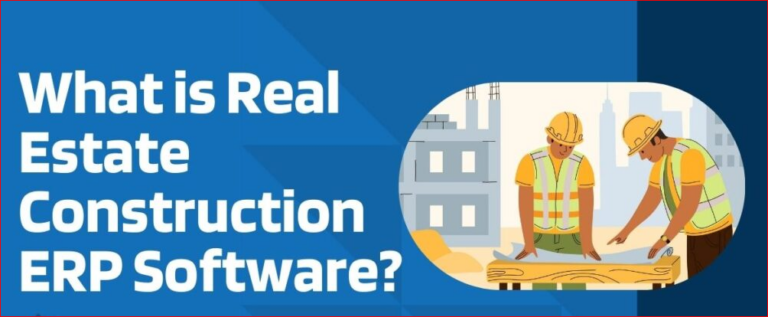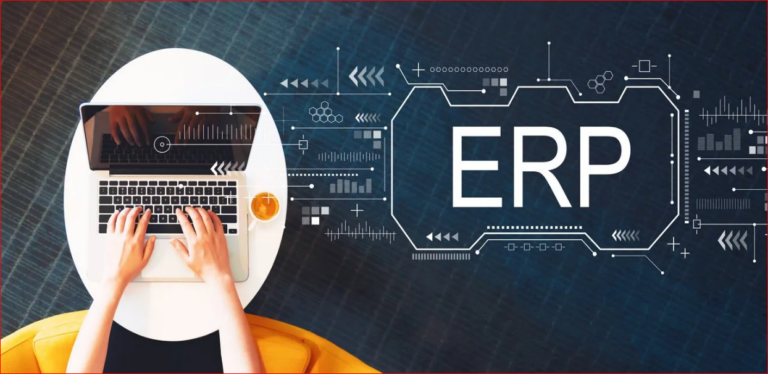Healthcare ERP from SMB Solutions
Contact Us

What is Healthcare ERP Software?
Healthcare ERP Software Features

Patient Management
Healthcare ERP software benefits hospitals by improving patient care. Since it helps in reducing the paperwork of doctors, it enables them to spend more time on finding patient data so that they can offer better patient service. Furthermore, they can focus more on their patients rather than getting confused in administrative tasks.
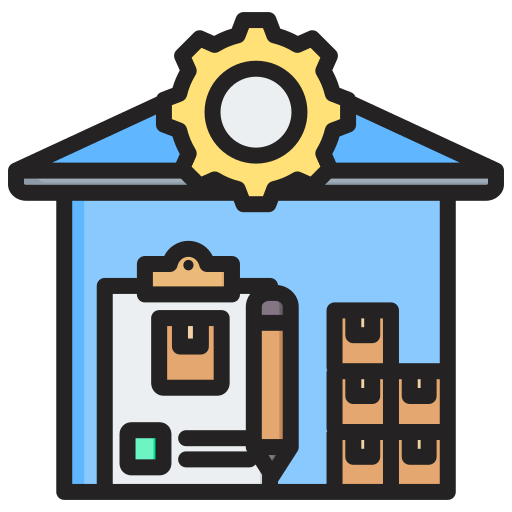
Inventory Control
Thanks to healthcare ERP systems, hospitals can easily manage their inventory. Due to the customizable reporting tools and dashboards, healthcare providers get better insights for optimizing their inventory. As a result, they can make wiser decisions while staying ahead of the curve.
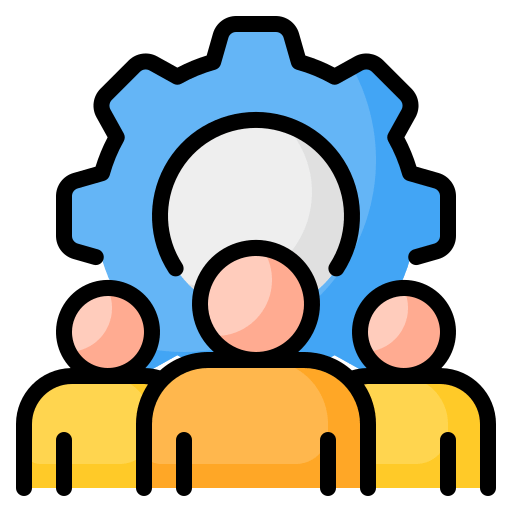
Workforce Management
Another notable feature of the ERP system for healthcare is to easily streamline attendance, streamline, as well as task allocation. All this further helps healthcare providers to enhance the operational efficiency and productivity of their medical institute.

Financial Management
ERP systems for healthcare are also ideal for handling the finances of hospitals. Due to the automated interface, it becomes easier to control and process all hospital operating expenses along with patients’ payments. Furthermore, it reduces the chances of unnecessary costs and administrative errors.
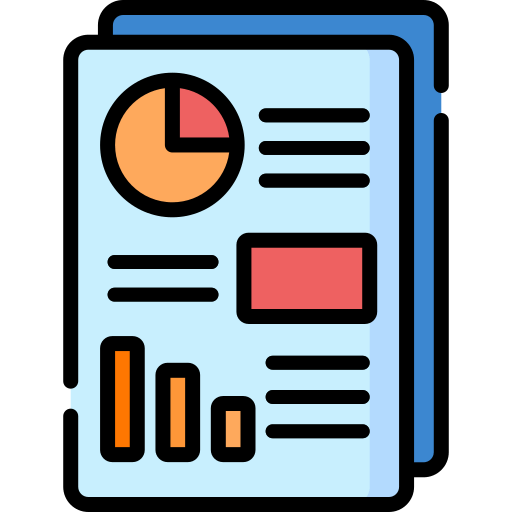
Analytics and Reporting
Healthcare ERP software gains actionable insights via comprehensive data analysis and real-time reporting tools. The gathered data further helps in driving well-informed decision-making.
Benefits of Healthcare ERP
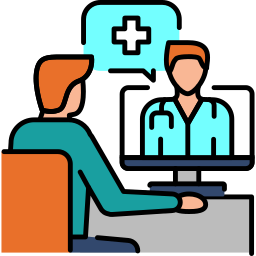
Better Patient Care
Medical facilities using healthcare ERP software can easily improve patient care in their premises. This is because they have easy access to patient databases, like dietary information, reports, schedules, patient records, etc. With this data in an ERP, medical professionals, as well as patients can easily access it whenever required. Due to automation and AI integration, healthcare ERP software makes it convenient to make individualized treatment plans and data-based decisions.
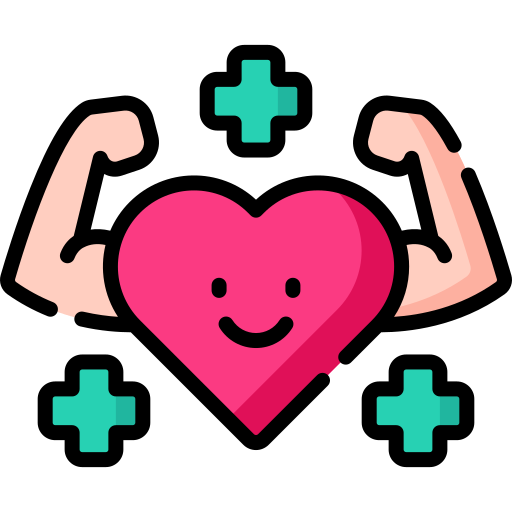
Implementing Best Practices While Restructuring Healthcare
ERP solution also helps to streamline healthcare procedures while integrating vital facilities, like OP departments, emergency services, patient ID, EMR management, and more. It even helps healthcare organizations to efficiently monitor all policies and procedures related to matters, such as member benefits, payments, registration, networks, etc. As a result, healthcare organizations can implement the best practices while restructuring their healthcare facilities for better patient care.

Decreased Labor and Operational Costs
ERPs enable medical care facilities to decrease their labor and operational costs. Thanks to improved data tracking, hospital administration can easily optimize staffing levels, recognize wasted resources, and minimize unnecessary costs. Furthermore, the HR department can conveniently manage payrolls with automated reports and calendars.
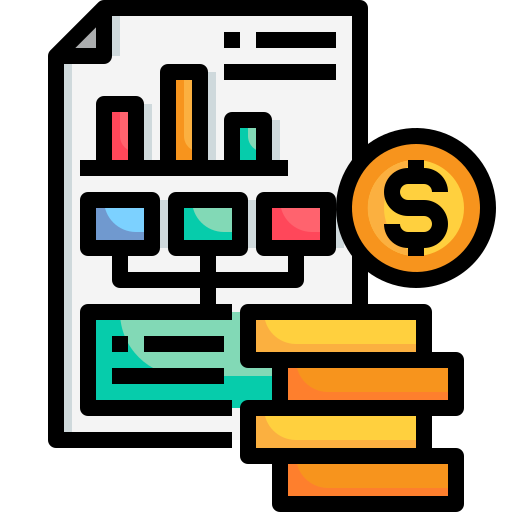
Improved Financial Planning
Healthcare ERP systems even help in better financial planning in hospitals. So, financial experts can conveniently manage payroll, bills, expenses and taxes, equipment costs, and inventory schedules. It further helps them to better manage profitability with proper management of financial charts.
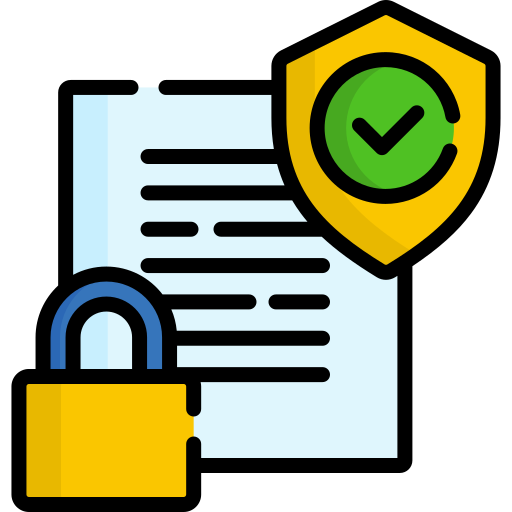
Enhanced HIPAA Compliance
Healthcare facilities need to go for healthcare ERP software that’s HIPAA (Health Insurance Portability and Accountability Act) compliant. It assures that their technological tools adhere to HIPAA. Plus, leveraging such ERP solutions for healthcare facilities safeguards the security, privacy, and integrity of protected healthcare information (PHI).
Our Healthcare ERP Modules
Our Healthcare ERP Modules include
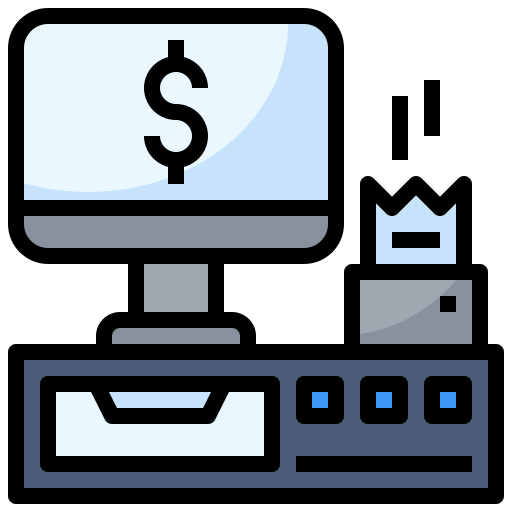
Point-of-Sale (POS) Module
POS Module is more like a secret weapon to make sales easier while taking business to another level. With this module, you can experience a whole level of convenience and simplicity in overall sales transactions. So, say goodbye to human errors and long queues, as our POS terminals are user-friendly and intuitive. This makes it convenient for your staff to generate invoices, process orders, and accept payments with just a few clicks.
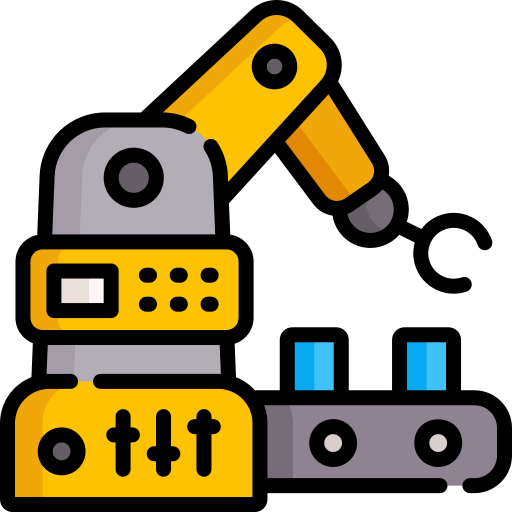
Manufacturing Management Module
Thanks to our Manufacturing Management module, it becomes easier to overcome challenges while optimizing everyday operations for success. This particular module can streamline and centralize all production data at one convenient location. So, there is no need to search for important information through various spreadsheets or systems. From procurement of raw materials to inventory of finished goods, this module helps offer better visibility into each aspect of the production process. This enables you to make well-informed decisions while driving efficiency.

Inventory Management Module
Our inventory management module is another convenient way how medical ERP software can make your life more convenient. So, you won’t feel overwhelmed handling inventory management. This automated module ensures you are always aware of your real-time stock levels. So, no need to make any last-minute restock rushes or guessing games. Aside from that, medical ERP software even comes integrated with a wide range of features to make your warehouse operations a breeze.

HR Management Module
With our HR management module, it becomes easier to streamline all the HR procedures. It empowers your staff while focusing on what matters the most to your staff. So, no need to go through lengthy paperwork and spreadsheets, as our user-friendly interface makes it convenient to track and organize attendance, as well as automate everyday HR tasks. This module also centralizes and automates different HR operations - from onboarding and hiring to professional development and performance management.
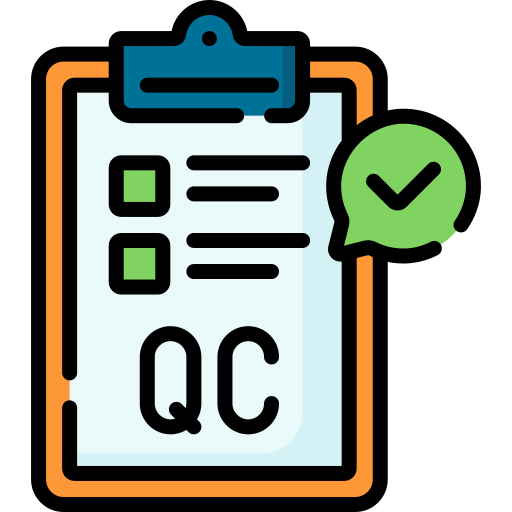
Quality Control Management Module
Due to our quality control management module, you can ensure all your products surpass your expectations consistently. It offers you better access to certain specified tools that are designed to simplify your quality control procedures. From automated testing and inspections to detained analysis and defect tracking, our module offers better insights required to recognize and address quality issues more effectively and quickly. Apart from that, this particular module helps in staying proactive while upholding quality standards. After all, this module includes advanced features for proactive quality management.
Why Choose SMB Solutions' ERP for your Healthcare System
- Unlocking the complete potential of healthcare organizations with better financial data management and higher efficiency.
- Gaining better visibility across different locations, while reducing delays.
- Automating accounting entries while streamlining data analysis.
- Meeting all essential industry requirements, such as HIPAA compliance.
- Assuring comprehensive accurate data reporting for making well-informed future planning.
- Enhancing decision-making with better-streamlined data procedures and integration.
- Freeing up the accounting department to focus on better outreach, strategy, and innovation.
- Decreasing errors, manual inputs, and time constraints via automation. This helps in increasing multi-entity financial management.
Frequently Asked Questions
Healthcare ERP systems enhance operational efficiency for hospitals and medical facilities by integrating and centralizing essential business processes and data. This consolidation allows healthcare organizations to streamline their operations effectively within a unified ERP platform tailored to their industry needs.
Healthcare organizations such as Hospitals, medicals, clinics, long-term care facilities, patient care departments, pharmacy units, and other healthcare providers of all sizes can benefit from ERP systems. The largest healthcare organizations with complex operations can use healthcare ERP software/systems.
Our ERP system is tailored to meet the specific needs of healthcare organizations by integrating robust functionalities such as patient management, clinical data handling, and compliance with healthcare regulations. It supports seamless patient scheduling, billing, and clinical documentation, enhancing operational efficiency and regulatory compliance. Additionally, the system facilitates effective inventory management, staff scheduling, and financial reporting, ensuring comprehensive support across the spectrum of healthcare operations while prioritizing patient care and data security.
Healthcare ERP (Enterprise Resource Planning) software is a specialized tool that assists healthcare organizations in managing various operational processes and resources. It enables tracking of inventory, management of billing cycles, scheduling of staff shifts and patient appointments, procurement of supplies, and more. By consolidating all these functions into a unified system, ERPs streamline operations and enhance overall efficiency within healthcare settings.
On the other hand, EHR (Electronic Health Record) systems are digital repositories that store comprehensive patient medical histories and treatment details. These records encompass medical notes, demographics, medication lists, diagnostic test results, immunization records, allergies, radiology images, and other healthcare services provided to patients. EHRs are designed to securely store and manage patient data in a centralized location, allowing authorized healthcare professionals easy access to critical information for delivering timely and informed care.
🔹Patient Management – Streamlined patient records, appointments & history.
🔹 Inventory Control – Real-time tracking to prevent shortages.
🔹 Financial Management – Automated billing, invoicing, and tax reports.
🔹 HR & Payroll – Employee tracking, shift scheduling & payroll automation.
🔹 Quality Control – Ensures high healthcare service standards.
Yes! Our ERP supports seamless integration with EHR systems, accounting software, POS systems, and third-party apps to create a fully connected healthcare ecosystem.
At SMB Solutions, we specialize in cutting-edge Healthcare ERP systems designed to optimize hospital operations, enhance patient care, and streamline financial management. Here’s why healthcare providers trust us:
Tailor-Made Solutions – Customizable for hospitals, clinics, and diagnostic centers.
Data Security & Compliance – Meets HIPAA & healthcare industry standards.
Seamless Integration – Works with existing hospital systems & third-party apps.
24/7 Support – Expert assistance to resolve issues quickly.
Future-Ready Technology – AI-driven insights for smarter decision-making.
Ready to transform your healthcare facility? Contact us today for a free demo!
Blogs
Role of ERP System in Education System
The term ERP software for the education industry has been...
Read MoreWhy Construction/Real Estate Industries Should Go For ERP System?
In today’s era and the digital world, every business seeks...
Read MoreWhat is an ERP System in Manufacturing?
Enterprise resource planning (ERP) is a game-changing solution in the...
Read MoreWhat is Enterprise Resource Planning (ERP)?
Enterprise resource planning (ERP) is software for managing day-to-day business...
Read MoreERP System – User Training and Adoption
ERP systems have changed how businesses manage operations, streamline processes,...
Read MoreCrafting an Effective ERP Implementation Plan: Steps and Considerations
Modern businesses rely on Enterprise Resource Planning (ERP) systems. Finance,...
Read MoreLet's Connect
We recognize the high stakes and complexity of managing finances in the healthcare industry. Keeping patient care at the forefront, our advanced healthcare ERP software helps in offering better financial operational support while improving your ability to deliver exceptional service. Plus, this ERP software is customizable for meeting the unique requirements of the healthcare sector.
Contact us today for advanced healthcare ERP systems.


